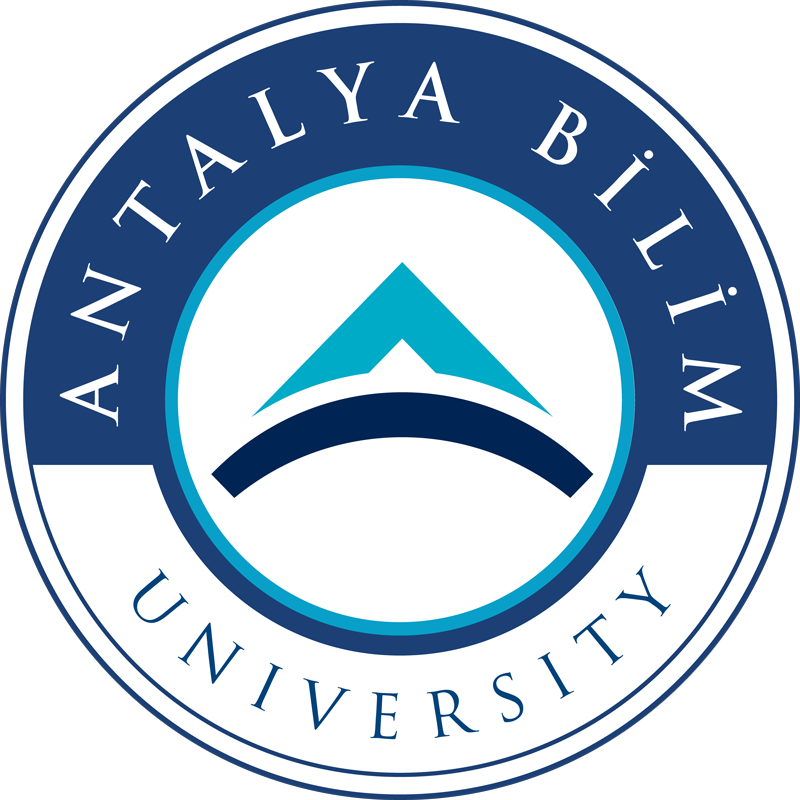The Department of Political Science and International Relations was established in 2011 as one of the core departments of Antalya Bilim University. The Department offers a unique interdisciplinary BA degree, which integrates research in Political Science and International Relations. Our Department covers a wide scope of topics that help students to understand key political ideas and trends informing domestic and international processes, the role of state and non-state actors, dynamics of global politics, the rise of new powers, the challenges that have emerged due to globalization and various threats to security of states and the global community.
In addition, our program attaches special importance to the methodological training of the students. The Department provides qualitative and quantitative data analysis courses and encourages students to go beyond traditional research methods.
Our undergraduate degree is four years (eight semesters) and the language is 100% English. During their four-year training, students can take language courses such as Chinese, German, Russian and Spanish as a second foreign language. Our Department also accepts students through equivalence, undergraduate student and external transfers.
Antalya Bilim University is an Erasmus university. The Department has partnerships with many universities in the European Union. Thus, students can spend a term or a year of their studies in these countries. Our Department and the Erasmus Office have been continuing their work in order to increase their educational co-operation.
Our students start their education life by taking main courses such as Turkish, History, Academic Skills and Introduction to Political Science, and continue with core courses such as International Relations Theories, Diplomatic History, Foreign Policy Analysis, History of Political Thought and Comparative Democracy. Furthermore, depending on their interest, they can choose area elective courses such as African Politics, Democracy, Civil Society and Social Capital, Energy Security, Migration Politics, Politics of Human Rights, Politics in Developing Countries and Public Opinion and Political Participation. In addition, it is aimed to strengthen interdisciplinary education by non-area elective courses.
There are 10 academic staff including 7 faculty members and 3 research assistants.
